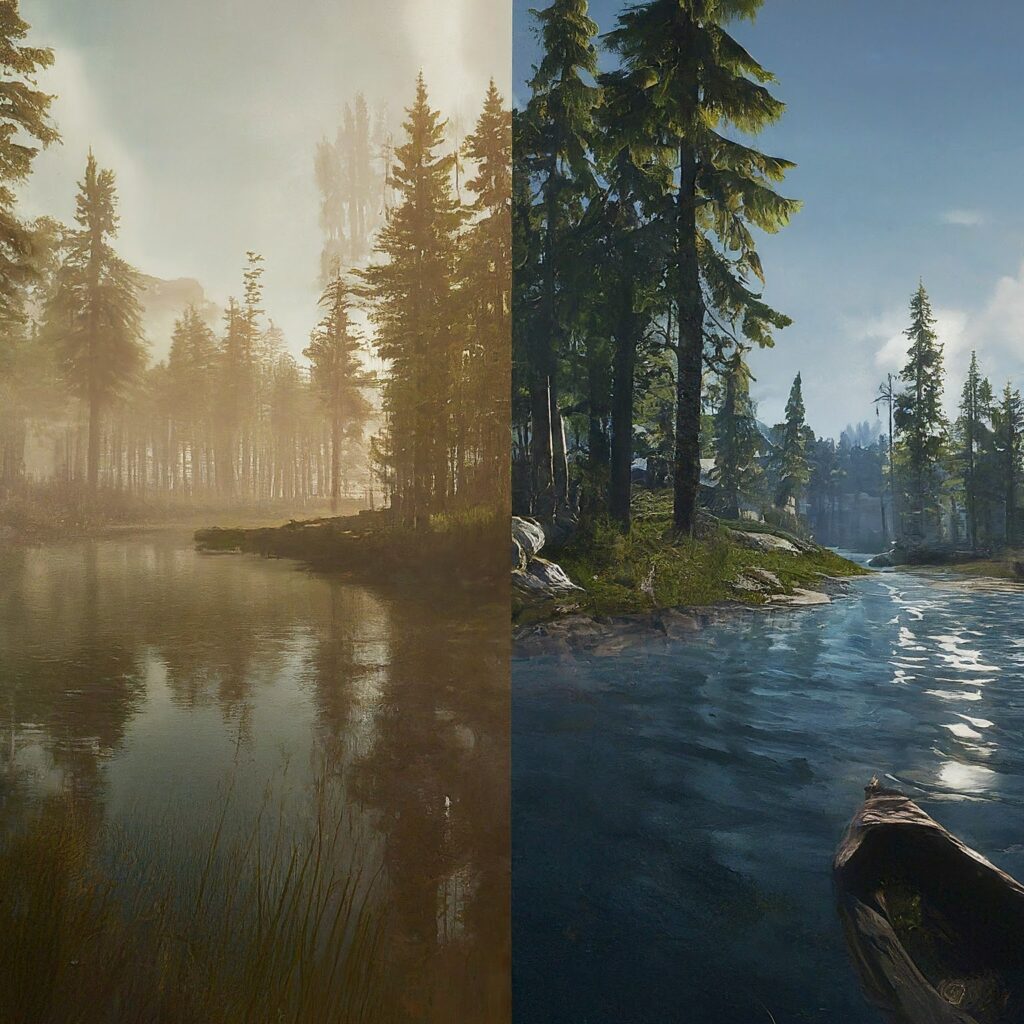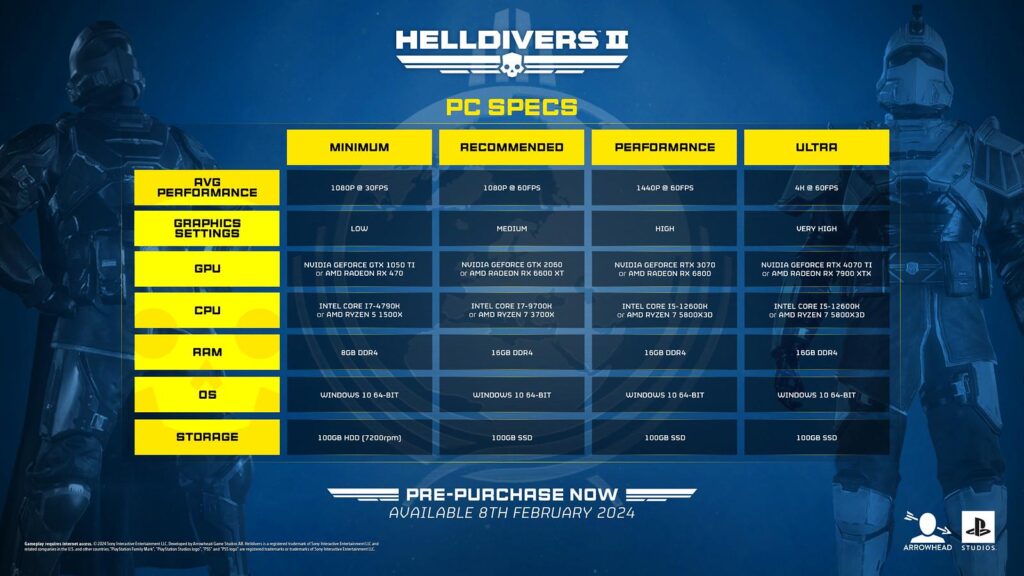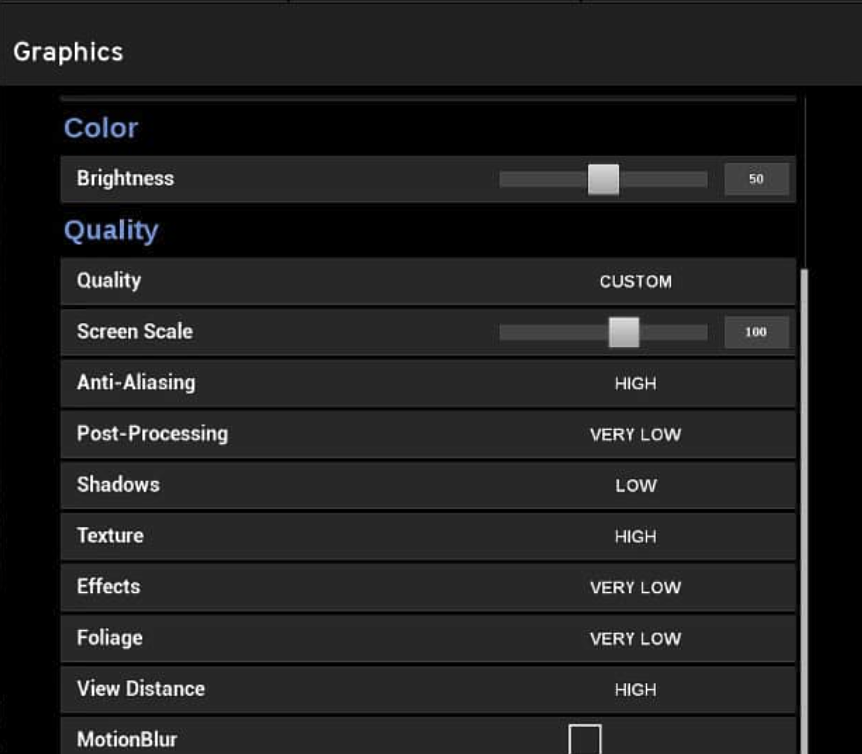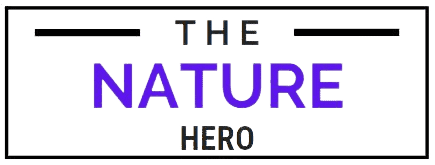Helldivers 2 PC trailer disappoints players due to missing features like DLSS, ray tracing, and ultrawide resolution.
Without DLSS, maintaining smooth gameplay in Helldivers 2 becomes challenging, especially during intense battles.
Players may face fluctuations in frame rates and must balance resolution and performance in between games.
However, alternatives can be used if there is no DLSS in the game, which could enhance the gameplay experience.
Continue reading more about DLSS in Delldivers 2.
Table of Contents Show
Understanding The Importance Of DLSS In Gaming
Deep Learning Super Sampling is a key technology in modern gaming, transforming how players experience their favorite titles.
It leverages AI to upscale lower-resolution images to higher resolutions, enhancing visual fidelity while maintaining high frame rates.
DLSS bridges the gap between hardware limitations and graphical demands, enabling smoother gameplay and higher resolutions.
By minimizing visuals and improving image clarity, DLSS contributes to a more immersive gaming experience, enhancing player enjoyment.

Players with older or mid-range hardware can leverage DLSS to achieve higher performance without sacrificing visual quality.
Moreover, DLSS empowers players to maximize their gaming experience on a variety of hardware configurations.
Players with mid-range or older graphics cards can leverage DLSS to achieve higher frame rates and smoother gameplay.
This bridges the gap between hardware limitations and optimal performance in the gameplay.
Additionally, DLSS contributes to a more immersive gaming experience by reducing visual artifacts and enhancing image clarity.
This allows players to enjoy the game’s visuals with minimal distractions, enhancing their overall enjoyment and immersion.
Performance Impact Of Not Having DLSS In Helldivers 2
Helldivers 2 promises intense top-down action, but for PC players without high-end rigs, the question of performance looms large.
The absence of DLSS technology could have a significant impact, potentially hindering smooth gameplay and limiting accessibility.

Here’s a breakdown of what players might face:
1. Lower Frame Rates
Without DLSS’s AI-powered image reconstruction, maintaining high frame rates during Helldivers 2’s chaotic battles could be challenging.
Expect dips and stutters, especially with numerous enemies, explosions, and environmental effects.
This can negatively affect responsiveness and aiming accuracy, hindering your strategic prowess.
2. Resolution Juggling
Players seeking smooth gameplay might have to sacrifice visual commitment.
Reducing resolution from 1080p to 720p can help frame rate issues, but at the expense of sharper textures and overall detail.
Balancing resolution and performance becomes a constant compromise.
3. Inconsistent Experience:
Players with diverse hardware configurations will likely experience a wider performance disparity.
DLSS bridges performance gaps, ensuring smoother gameplay for users with weaker systems, and leveling the playing field in gaming.
Alternative Of DLSS In Helldivers 2
DLSS offers impressive performance gains without sacrificing visual quality.
However, several alternatives can potentially improve performance in Helldivers 2 on PC, even if DLSS isn’t available which are:
1. FidelityFX Super Resolution (FSR)
Developed by AMD, FSR is an open-source upscaling technology compatible with various graphics cards, including NVIDIA GPUs.
It offers similar performance benefits to DLSS, though image quality might not be as sharp, especially at high upscaling ratios.
2. Lowering Graphical Settings

Adjusting graphics settings within the game offers granular control over performance.
Reducing resolution, shadow quality, and other visual effects can significantly boost frame rates, although at the cost of visual fidelity.
3. Game Engine Optimization
The developers can further optimize the Helldivers 2 engine to improve performance across various hardware configurations.
This might involve reducing graphical workloads, improving asset streaming, and implementing targeted optimizations based on specific hardware.


